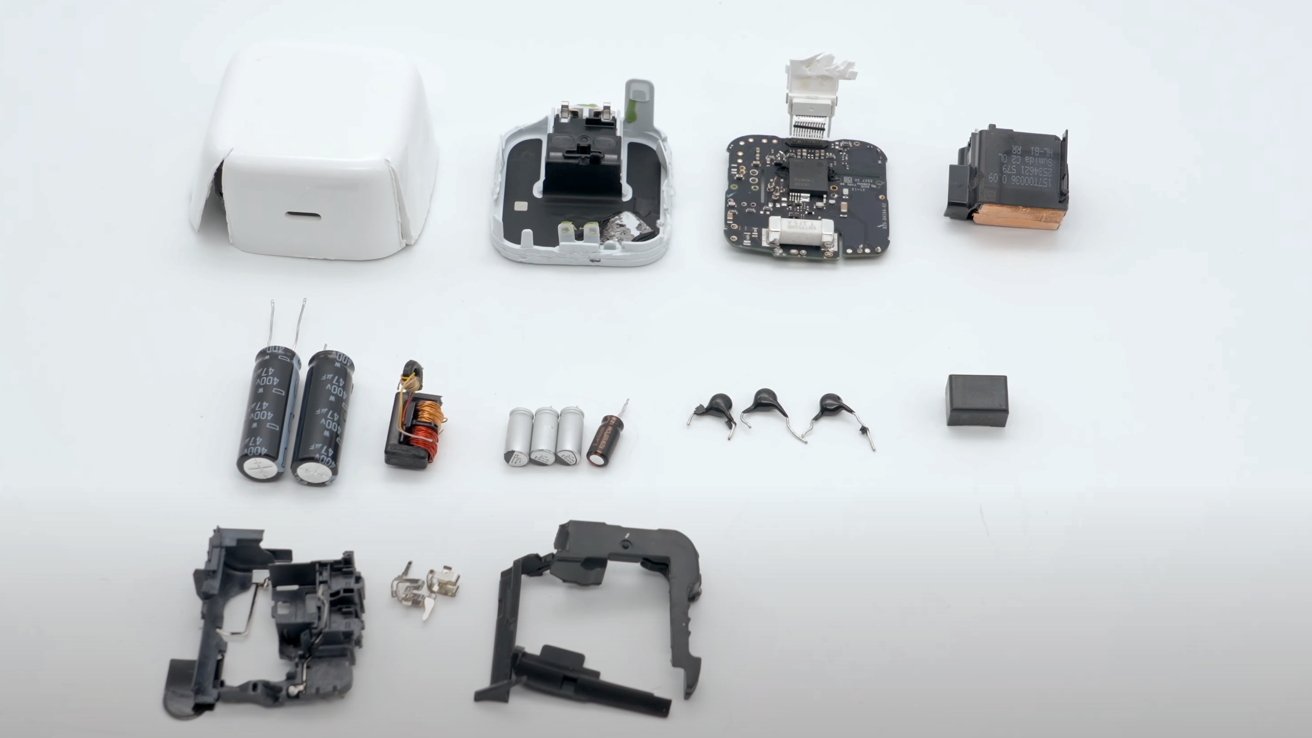Apple Strengthens App Review Guidelines to Combat Copycat Applications
In a decisive move to preserve the integrity of its App Store, Apple has updated its App Review Guidelines, introducing stringent measures aimed at eliminating copycat applications. This initiative underscores Apple’s commitment to fostering originality and protecting developers’ intellectual property.
Emphasis on Originality
Apple’s guidelines have long advocated for innovation, urging developers to come up with your own ideas. The company explicitly discourages the replication of popular apps or making minor modifications to existing app names or user interfaces. Such practices not only risk intellectual property infringement but also clutter the App Store, making navigation challenging for users and undermining fair competition among developers.
New Provisions Against Misleading Branding
The recent update introduces a critical addition:
– 4.1(c): Developers are prohibited from using another developer’s icon, brand, or product name in their app’s icon or name without explicit approval from the original developer.
This measure aims to prevent developers from misleading users by capitalizing on the established reputation of existing apps.
Historical Context and Recent Incidents
The issue of copycat apps is not new. In 2012, Apple removed several applications that closely mimicked successful games like Temple Run and Tiny Wings following public outcry from developers. More recently, the App Store faced an influx of clones imitating OpenAI’s Sora 2 app shortly after its release. Although Apple acted swiftly to remove or rename these copycats, the recurrence of such incidents highlights the ongoing challenge of maintaining the App Store’s integrity.
Broader Implications and Developer Responsibilities
Apple’s updated guidelines serve as a clear message to developers about the importance of originality and ethical practices. By enforcing these rules, Apple aims to create a more trustworthy and user-friendly environment. Developers are encouraged to innovate and bring unique ideas to life, rather than resorting to imitation.
Conclusion
Apple’s proactive stance in updating its App Review Guidelines reflects its dedication to upholding the quality and reliability of the App Store. By cracking down on copycat apps, Apple not only protects the intellectual property of original developers but also ensures that users have access to authentic and innovative applications.



